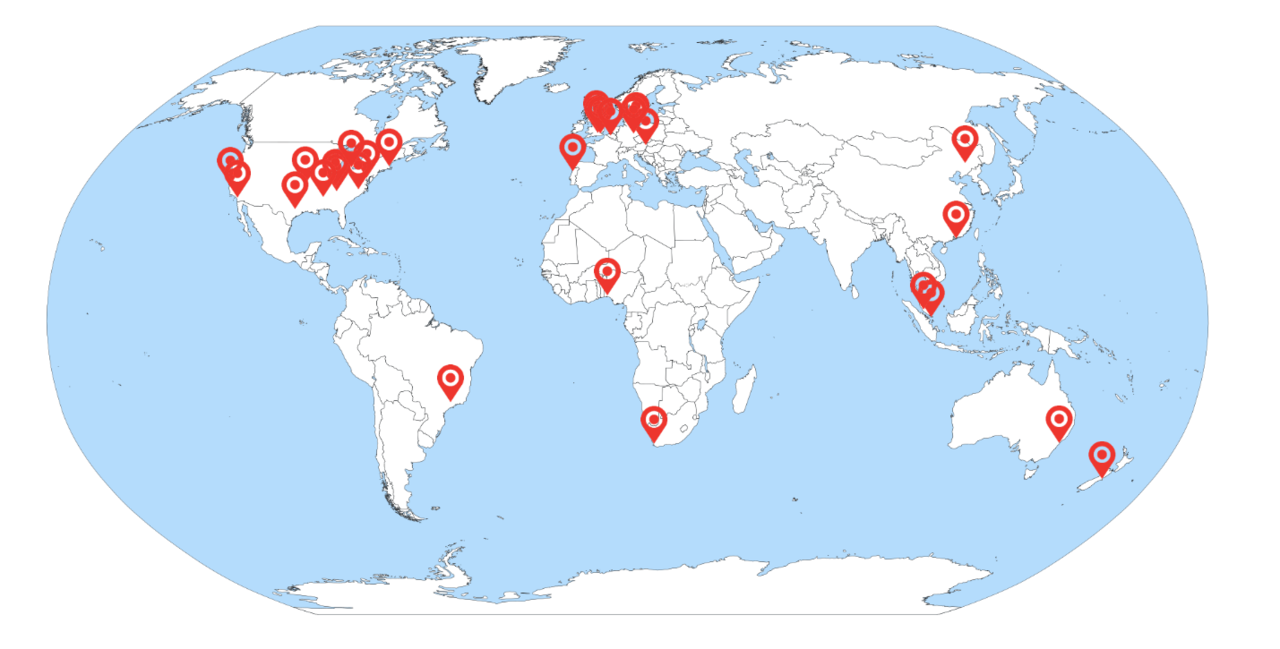Diverse Views in Science | Global statements on diversity: Magdalena Titirici
Published in Chemistry

By Professor Magdalena Titirici, Imperial College London.

In your opinion, which scientific questions will set the trends in the coming decade, and which science problems would you like to tackle?
Key challenges for chemistry are to address global sustainability, to transition towards zero pollution, to electrify mobility and the chemical industry, and to digitalise the chemical industry. All this has to be achieved (and can only be achieved) by creating a more diverse and inclusive scientific community.
How do you experience diverse leadership, diversity in your lab, publication and peer-review, promotion and career progression, in your host country? What are the impediments for creating inclusive, equitable research labs, departments and practices?
My group operates under an equal-opportunities statement that is a central part of my hiring and leadership policy. I am very lucky to be now part of an academic institution and department that values EDI and takes it very seriously. However, this was not always the case along my career path, and it hurts seeing institutions either ignoring it all together, doing the exact opposite by allowing individualistic leadership, or just doing it just to tick boxes, because this is “what we should all be doing now”. EDI is crucial to achieve a more diverse and inclusive STEM environment and institutions need to embrace it fully: believe in it, and move from thinking about it as ”something that would be nice to do“ to ”something that we must do”.
What is your message to the next generation of scientists, and what are your tips for their success?
Choosing where to do your PhD. Having already chosen a research area that motivates and inspires you, look beyond the fame of an institution and the academic lead. Make sure you understand the research culture nurtured in the research group of your choice, and ensure that it is a culture where you will be able to thrive to your full potential.
To postdoc or not postdoc? Did you enjoy cutting edge research during your PhD? Are you truly interested, excited and motivated seeing/making new scientific breakthroughs? Does the perspective of an academic job excite you? Do you think you would be good at it, but you have a lot of doubts and insecurities? Don’t worry, we all have been there. Would you like to slightly change the subject, but you do not know how? Do your search, go to conferences, make contacts with potential supervisors, be honest about your future plans and ambitions. Start early! Choose well. Something will work out.
Moving away from academia after PhD? Make a real impact in the world by working in industry; start up your own business; move towards outreach to disseminate science to the widest possible audience; work in scientific publishing; educate the new generations. These are just a few of the possible career choices you can pursue after your PhD. They are all equality rewarding and valuable. Not everyone doing a PhD must remain in academia and research group leaders around the world have the duty to recognise and encourage strengths in their early career researchers and mentor them towards the best career choice.
Transitioning to independence after PostDoc. This is a very challenging and crucial step if you opt for an academic career. Unfortunately, there is no clear recipe for success, and everyone finds their own path. The best is applying for independent fellowships. There are few of them out there and selection is ultra-competitive. But do not be intimidated. Understand your options, go for it and do not give up. You will receive rejections. Take the constructive and positive feedback on board and keep trying. You will learn a lot during this process.
Getting that first permanent academic position. Again, there are many different paths to achieving it. Be resilient, keep on trying and it will eventually happen.





Please sign in or register for FREE
If you are a registered user on Research Communities by Springer Nature, please sign in